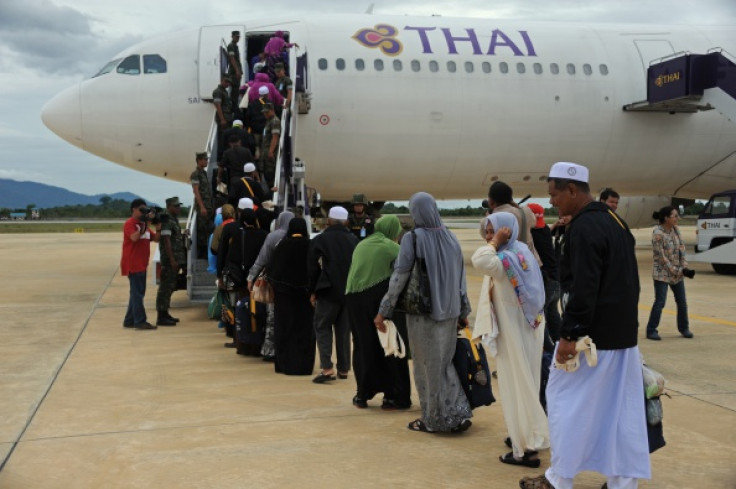Ebola Crisis: Saudi Arabia Takes Stringent Measures Ahead of Hajj to Prevent Outbreak

Saudi Arabia is reassuring international community that stringent measures are in place to ensure the Ebola outbreak remains outside the Kingdom as the Islamic pilgrimage, Hajj, draws near.
Millions of pilgrims gather every year at the Grand Mosque, Masjid al-Haram, which houses the holiest site in Islam, Kaaba in Mecca, to perform Hajj.
This year the holy pilgrimage is expected to fall approximately between 2-7 October.
A WHO team in the three countries — Kenya, Nigeria and Congo — is coordinating on a daily basis with a health ministry liaison officer in Saudi Arabia over the general conditions there. There is no reason to be under constant worry. The health sector is fully ready and has adequate laboratories and trained human resources.
Saudi authorities have confirmed that focus remains on countries worst hit by the outbreak.
Mohammad Al Khasheem, the Deputy health minister for planning and development told media that 15 air, land and sea entry points are being equipped with manpower, and medical equipment and supplies to screen the incoming foreign pilgrims.
Medical consultants are also working round the clock at the main point of entry for most pilgrims, which is at the King Abdul Aziz International Airport in Jeddah.
World Health Organisation (WHO) representative in Saudi Arabia, Hassan Al Bashri, said, as reported on Gulf News:
"A WHO team in the three countries — Kenya, Nigeria and Congo — is coordinating on a daily basis with a health ministry liaison officer in Saudi Arabia over the general conditions there. There is no reason to be under constant worry. The health sector is fully ready and has adequate laboratories and trained human resources."
Meanwhile, Saudi Arabia has discontinued issuing Umrah and Hajj visas to citizens in the worst hit West African countries, like Sierra Leone, Liberia and Guinea.
© Copyright IBTimes 2024. All rights reserved.






